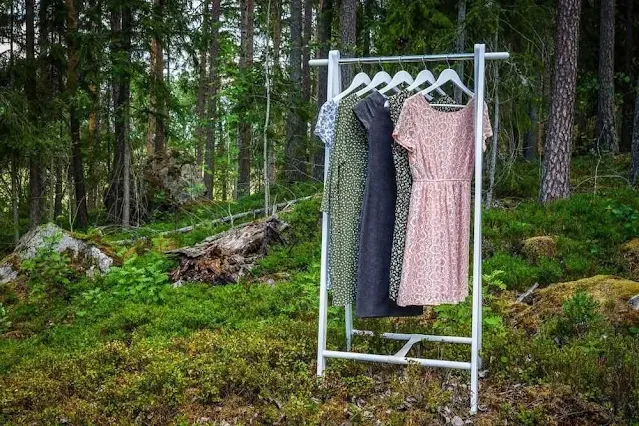Sustainable Fashion: The Importance of Ethical and Eco-Friendly Clothing
Sustainable Fashion: The Importance of Ethical and Eco-Friendly Clothing
As the fashion industry continues to grow, it is important to consider the environmental and ethical impact of our clothing choices. Sustainable fashion, or eco-friendly and ethically-produced clothing, is a growing movement that aims to reduce the negative impact of the fashion industry on people and the planet.
 |
Sustainable Fashion: The Importance of Ethical and Eco-Friendly Clothing |
So what makes fashion sustainable? Here are some key elements to consider:
1. Ethical production: Sustainable fashion means ensuring that clothing is produced in a way that is fair and safe for workers. This includes fair wages, safe working conditions, and a lack of exploitation.
2. Eco-friendly materials: Sustainable fashion means using materials that are environmentally friendly and sustainable. This includes materials like organic cotton, recycled polyester, and bamboo, which require less water and pesticides to produce and have a lower carbon footprint.
3. Durability: Sustainable fashion means creating clothing that will last and can be worn for a long time, rather than fast fashion that falls apart quickly and ends up in landfills. This includes investing in quality materials and construction and designing clothes that are timeless and versatile.
4. Recycling and upcycling: Sustainable fashion means finding ways to repurpose clothing and reduce waste. This can include recycling materials to create new clothing, or upcycling old clothing into something new and unique.
There are many ways to incorporate sustainable fashion into your wardrobe. Here are some tips for making more eco-friendly and ethical clothing choices:
• Shop secondhand: One of the easiest ways to practice sustainable fashion is to shop secondhand. This includes thrift stores, consignment shops, and online marketplaces like Depop and Poshmark. Not only are secondhand clothes more affordable, but they also help reduce waste and support reuse.
• Invest in quality over quantity: Instead of buying cheap, fast fashion items that will fall apart quickly, invest in high-quality pieces that will last.
• Support sustainable brands: There are many fashion brands that are committed to sustainability and ethical production. Look for brands that use eco-friendly materials, have transparent supply chains, and support social and environmental causes.
• Care for your clothes: Proper care can help extend the life of your clothes and reduce waste. This includes washing clothes less frequently, using eco-friendly laundry detergent, and mending and repairing clothes when they start to show wear and tear.
• Be mindful of your fashion choices: Take the time to think about the environmental and ethical impact of your fashion choices. Consider the materials used, the working conditions of the people who made the clothes, and the overall sustainability of the item.
Sustainable fashion is not only good for the environment and people, but it can also be stylish and fashionable. By making more eco-friendly and ethical clothing choices, you can help reduce the negative impact of the fashion industry and support a more sustainable future.





Post a Comment